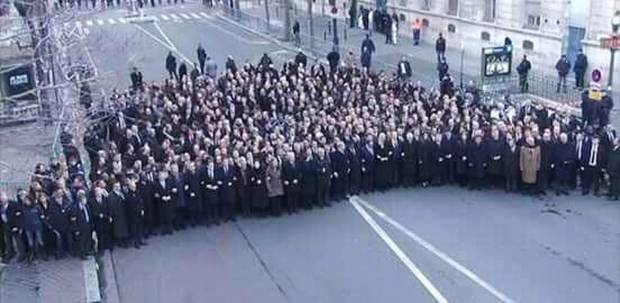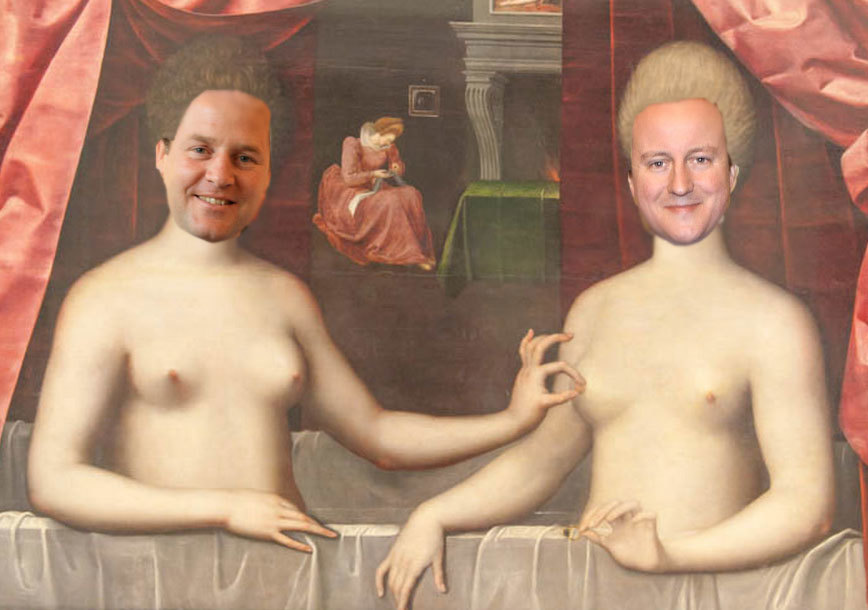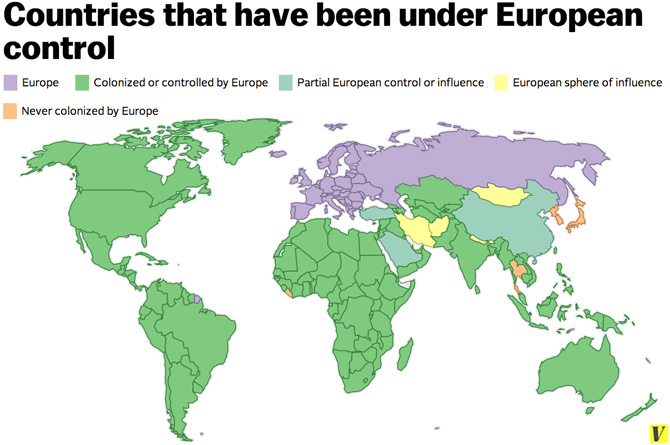Speaking in the late 1980s, Noam Chomsky offers a still highly-relevant and succint breakdown of the reality of democracy as practiced, or engineered, in most western liberal states.
Speaking in the late 1980s, Noam Chomsky offers a still highly-relevant and succint breakdown of the reality of democracy as practiced, or engineered, in most western liberal states.
The people of the United Kingdom today have the opportunity to vote for their next government. Some have suggested this election has precipitated further descent into apathy and cynicism and will confirm the end of the long-standing British two-party system of representative democracy.
A few postcards from beyond the polling booths…
George Monbiot makes a sharp critique of the political situation in Britain, arguing that the serious issues which really need addressing seem to be subject to a code of silence by most of the parties, in a kind of unspoken systemic complicity.
Photographer Denise Felkin went to meet some of the human beings behind the statistic that over a third of the registered electorate don’t vote. Her portrait series “I’m not voting because…” explores the social and political context for high abstention.
Attempting to mobilise these silent masses, the Vote or Vote None campaign encourages people to use their ballot paper to state that none of the candidates meet their approval. arguing that that this is the route to galvanising and renewing the political system.
A more tactile approach is taken by Samantha Moyo who urges all parties to Turn Up and Hold Hands – asking “Which politician is using the word love? Which politician is spending time in non-formal attire with the communities they wish to represent? Which politician is owning up to their mistakes?”
Meanwhile, Rupert Murdoch’s media minions appropriate the spirit of Marvin Gaye and Cassetteboy to jump on the election hype bandwagon… (to good effect, although we wouldn’t recommend believing; click play to view)
In the small but politically important American state of New Hampshire, hundreds gathered on a wintry day, many at the end of a 150mile long, 11-day march across the state in freezing temperatures. This movement, led by the reformer and law academic Lawrence Lessig, sees itself as one of the front lines in the battle against the continuing corporatization of our world. At the rally in front of the State House in Concord, NH, 15 year old Ella McGrail delivers this rousing and impressive speech for the reclamation of democracy.
[Dispatch posted by the Bureau for Agent Aa in the field]
.
 Charlie Hebdo offices, Paris, 7th January 2015.
Charlie Hebdo offices, Paris, 7th January 2015.
Another sudden intensification in our evolving multi-dimensional global conflict.
A few perspectives…
The western mainstream almost unanimously responded to events as a barbaric and failed attack on freedom. The massive, instant #JeSuisCharlie grief&solidarity movement appeared to uphold and defend the core liberal values (or rhetoric) of free speech and democracy. This cry was swiftly taken up by global politicians of all stripes – although a wide-angle shot shows their united ‘leadership of the march’ in Paris as a photo-op set-up in an empty street.
Right-wing commentators used the occasion to make absurd tragi-comic slurs about Islam, while in the real world French Muslims tried to navigate the complexity of their situation – and feelings.
It has mostly been left to Muslim and peripheral voices to interrogate the depth causes of the attacks and suggest responsibility might lie with the West’s own violence towards the Arab and Muslim world. Or that they were part of a Jihadist ‘false-flag’ strategy to radicalise European Muslims through “sharpening contradictions” – or even that this actually had nothing to do with religion, free speech or the clash of civilisations, but should be seen as a message from the dispossesed.
Meanwhile, in the quiet spaces, human beings (of liberal, Muslim, Jewish, secular and many other origins, sometimes mixed) have been reflecting on the internal and worldly challenges catalysed by the situation and meditating on the question “How do we respond?”
.
.
[image still from TV news]
.
Adam Curtis presents his theory of how political and economic elites have gone beyond propaganda into deliberately crafting confusion and informational overload in order to neutralise public understanding and opposition. This summary traces the methods back to a long-time advisor to Russian President Putin, who emerged from avant-garde art to develop informational ‘non-linear warfare’.
 When the political purse-holders gradually eliminate financial support for universal education, a number of responses are possible. Protest is one way to respond. Resignation – either through opting out of education, or through studying but only by accruing massive debts – is another. Creating a new, parallel system is another… Cue the emerging model of Free Art Schools…
When the political purse-holders gradually eliminate financial support for universal education, a number of responses are possible. Protest is one way to respond. Resignation – either through opting out of education, or through studying but only by accruing massive debts – is another. Creating a new, parallel system is another… Cue the emerging model of Free Art Schools…
Read this report by Daisy Jones and check out an example to see how it can work…
.
Tagging meets film production to make a multi-layered statement…
Watch the video and then click here for the full story
.
 Almost every country on the planet was formally or informally incorporated into a European colonial empire at one point or another in history… And of course we still see the consequences all over the world today.
Almost every country on the planet was formally or informally incorporated into a European colonial empire at one point or another in history… And of course we still see the consequences all over the world today.
This map is one in a series of 38 maps exploring what is/was/will be Europe.
View & Read >>
.